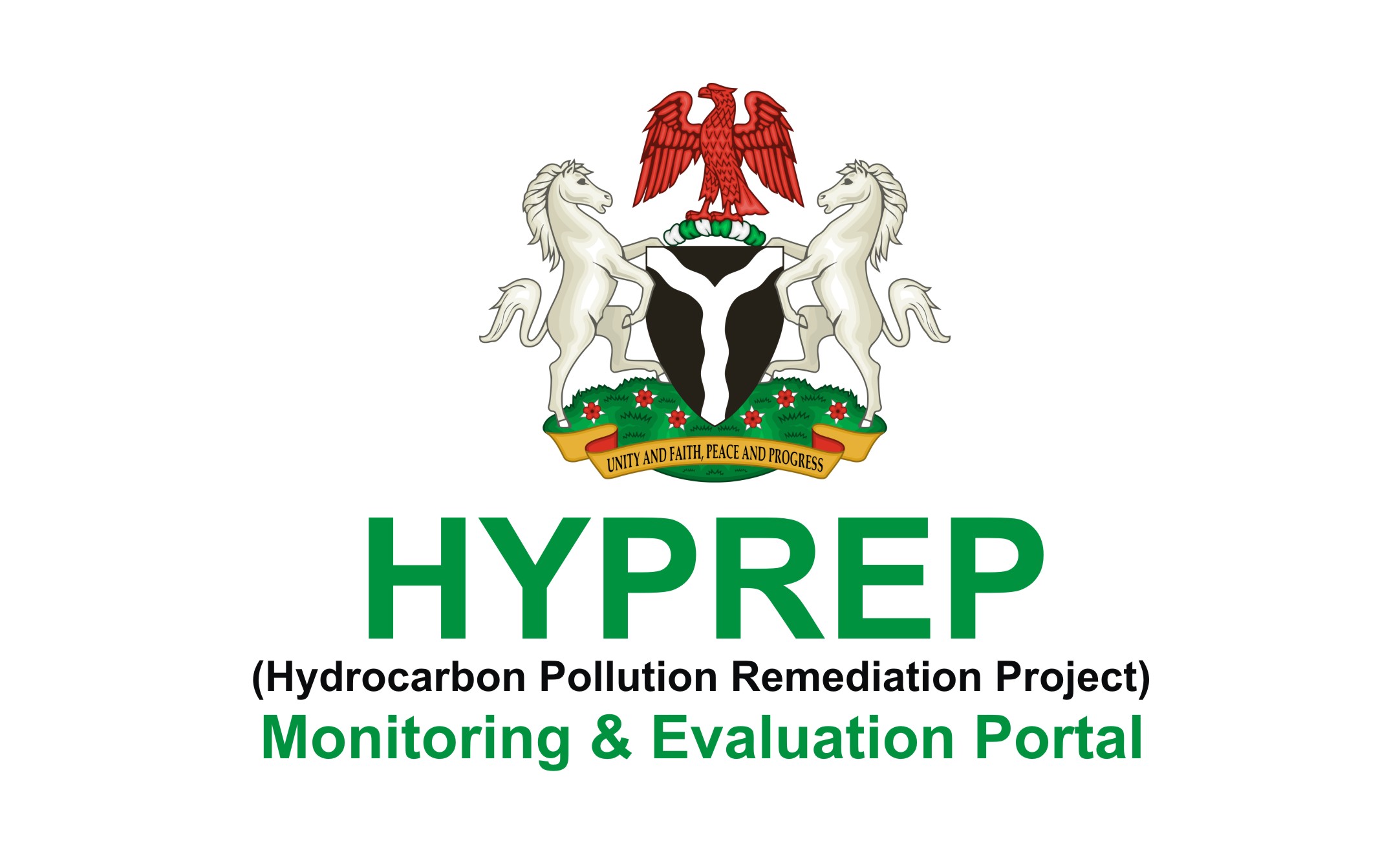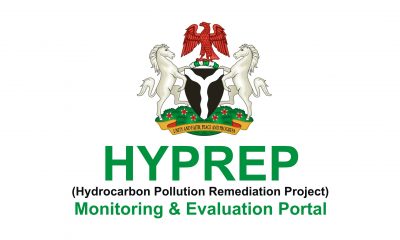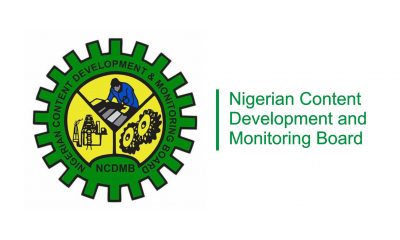Business
Crude Oil Production: PINL Brokers Peace Among Warring Factions In Bodo Community
The Pipeline Infrastructure Nigeria Limited (PINL), has midwifed a peace
deal among warring factions of Bodo City, one of the major crude oil communities in Rivers State.
The deal would enhance the Federal Government’s efforts in recommencing crude oil production in Ogoniland which would in turn boost significantly the nation’s daily production target of 2.5million b/pd.
It brings to an end decades of intra-community conflicts that have negatively impacted crude oil production activities in the country.
The feat by PINL, the pipeline surveillance contractor, covering the eastern corridor of the Trans Niger Pipeline (TNP) is furtherance of its peace and consensus building among its 215 pipelines host communities.
Speaking on the significance of the peace deal, in PortHarcourt, Last Thursday, the Special Adviser to the Minister of Petroleum Resources (Oil) on Host Communities, Hon. Eddie Julius, described the deal as as timely, not only to the oil industry but the country as a whole stating that it would guarantee safe operations that would result in increased crude production in Bodo and the entire Ogoniland.
Julius said; “you know for sometime now re-entry into Ogoni has become an issue within the Ogoni, the oil industry and the Federal Government but today this peace deal will translate to production, a peaceful relationship with the communities, the youth leaders, community executives and every other person in the community, which will also translate back in their communities as development. What we have achieved with this peace deal is something that in the next few months you will live to testify in it”.
He expressed the ministry’s joy over the deal promising “within the shortest possible time we will come over here to see how things are going on. We will continue to monitor the activities to ensure that this deal remains intact because the increase of oil production in the country will drive development to your land and your relationship with PINL will also bring Corporate Social Responsibility (CSR) projects to your community and today, you managing the pipeline contract will also translate to other sorts of development and empowerment for you and your people”.
Also speaking, the Admin, National Security Adviser (NSA), Niger Delta Office, Port Harcourt, Young Harry Amakiri, stressed the need to help in achieving the mandate of the President to increase oil production to 2.5-million barrels per day noting that crisis that affects production anywhere, affects the place negatively.
Amakiri stated, “This peace accord that you have come to sign today is reconciliation. Forget about your differences and embrace it and work in unity to meet that task given to the nation. I want to plead with every one of you; as you sign this peace accord, forget about your differences work together harmoniously.
He warned that “If you sign this peace accord and you do otherwise, we will come for you. When I say we will come for you, the federal government will come for you- nobody can save you. As I’m talking to you, there are two things that the Presidency under the National Security Adviser is on ground working. They are prosecuting all those thieves, the bunkerers.
“They have the prosecuting team and the investigation team. So if you engage in anything that will stop the production of oil, you’re also a thief and we will come for you. If you like use torch light phone. so far there’s a sim card in that phone, we will come for you. As I am talking to you, they are seeing you there as I’m here. You don’t joke with security I will plead with us to make use of your time now and develop your community.
He thanked PINL for achieving the peace deal stating that it has earned them additional mark to their already high marks in the execution of their mandate on security of the TNP.
Earlier in his remarks, the General Manager, Community and Stakeholders Relations, PINL, Dr. Akpos Mezeh, explained that because of the crisis in Bodo community, PINL was forced to give out the pipeline surveillance jobs for the community to outsiders adding that only the community was thus affected out of all the other 214 pipeline host communities.
“We knew that it was wrong but as at then, we felt that it was the only way to manage the situation pending when we correct the wrong and for almost two years now if not more, we have gotten feedback from the community that we should do the right thing. And we also used so many ways to find out whether it was actually the time for us to right the wrong”.
“The feedback we have gotten has confirmed that we needed to replicate whatever strategy we have applied in the entire 214 communities so the reason why we are here today is for us to handover the surveillance of Bodo to Bodo indigenes so that they will be solely accountable for whatever happens. They will be responsible for pipeline infractions. And we believe that they can do it ”
He expressed appreciation to the leaders of Bodo, represented by the king of Bodo city, HRH John B. Berebon, Dr. Gabriel Pidomson and Chief Kenneth Kobani for the sacrifices made to ensuring that peace was achieved.
On his part, the paramount ruler of Bodo, HRH John B. Berebon, pledged to not only maintain the peace but continue to preach it among his subjects, especially the youths promising that the community would join forces with other stakeholders to secure all national assets in the community, especially the TNP.
“As a paramount ruler of Bodo city, as part and parcel of the government of Nigeria for the rest of my life, I will not accept or condone any person that will sabotage the nations economy, particularly the pipeline. I will never . I know I suffer a lot because I say I didn’t want to be part of this or that. I suffered for over a year plus. My throne was denied me because I said no, don’t tamper with that pipeline when people were saying they will give 200-million they will give this for that pipeline. That was the genesis of the crisis I was having”
While noting that people from outside the community had been the ones instigating the crisis for their selfish interests, HRH Berebon thanked Dr. Gabriel Pidomson and Chief Kenneth Kobani for facilitating the peace process.
Advising the youths, the paramount Ruler said “you need to understand that a peaceful Bodo city Is in your own interest and so you should work hard to ensure that nothing disrupts it any further” reiterating the warning from the NSA office against anyone found trying to disrupt operations or involving themselves in oil theft.
” We need peace. The peace we are signing here now is not because we need to be involved in the pipeline business. We are here to have total peace for ourselves and for the development that will come into this community”.
He called for continuous engagement of the community by PINL and other stakeholders. “Keep relating with me as the paramount ruler. So that we continue to get good result. By the time we keep on going in that direction, I know that we will keep on succeeding. And there will be no loopholes in these issues”.
In their separate remarks, Dr. Pidomson, and Chief Kobani, who were former Secretaries to Rivers State Government (SSG) called for fairness to the community and all the stakeholders praying that they be treated as the other 214 pipeline host communities of PINL.
They further assured their best in keeping the youths together in peace and unity to achieving the expectations of the federal government of increasing crude oil production.
Key stakeholders at the meeting included, the Paramount Ruler of Bodo City, HRH, King John B. Berebon, political and youth leaders of the community, Officials of PINL, representatives of the Minister of Petroleum (Oil), National Security Adviser (NSA) the Project Management Office (PMO) and Department of State Services (DSS).
It would be noted that Bodo community in Gokana local government area of Rivers State is a major oil bearing community and an artery for oil pipelines, gathering crude oil from various pipelines and locations, including the Trans Niger Pipeline (TNP) to the export terminal in Bonny.
However, intra community squabbles among different armed gangs had for decades plague the community leading to loss of lives, development and empowerment opportunities accruing from oil production activities in the community, like participation in pipeline surveillance operations and other corporate social responsibility benefits from Pipeline Infrastructure Nigeria Ltd (PINL).
But through its robust community engagement and peace building initiatives, PINL has been able to reconcile the various factions and brought them together to sign a peace deal, thus ending all forms of disagreements among the factions and opening them to opportunities deliverable from the pipeline surveillance contract among others.
Lady Godknows Ogbulu
Business
NCDMB, Dangote Refinery Unveil JTC On Deepening Local Content

Business
Industry Leaders Defend Local Content, … Rally Behind NCDMB

Business
Replace Nipa Palms With Mangroove In Ogoni, Group Urges FG, HYPREP

-

 Business3 days ago
Business3 days agoReplace Nipa Palms With Mangroove In Ogoni, Group Urges FG, HYPREP
-
News3 days ago
South-South contributes N34trn to Nigeria’s economy in 2024 – Institute
-
Niger Delta3 days ago
Police Rescue Kidnap Victim, Recover Pistol In A’Ibom
-

 Politics3 days ago
Politics3 days agoINEC Trains Political Parties Officials On ICNP Use Ahead By-Elections
-

 Business3 days ago
Business3 days agoIndustry Leaders Defend Local Content, … Rally Behind NCDMB
-

 Business3 days ago
Business3 days agoNCDMB, Dangote Refinery Unveil JTC On Deepening Local Content
-
Niger Delta3 days ago
C’River Hands Over Rubber Plantation to Private Company
-
Rivers3 days ago
Macobarb CEO Cries Out, Says No Indigenous Contractor Can Win Case Against NLNG Or Oil Majors in Nigerian Courts …As Justice Nwogu Throws Out Macobarb’s N5.74bn Claim

